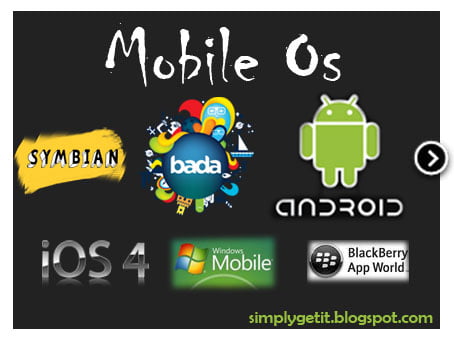
Summary
BlackBerry has a lot of IP, but most of it is of little value.
There is really no key advantage in security and they won’t win in handsets.
They do have a very solid mobile operating system, but is it worth dusting off?
Introduction
It’s been a rough run for BlackBerry (BBRY) since the late 2000s. Many investors tuned out long before the name change in 2013 from Research in Motion (RIMM) to BlackBerry.
I followed BlackBerry and Nokia (NOK) very closely during 2011 and 2012 when it looked like there was a possibility that we could see a third mobile operating system with a commercially viable market share. Like many I used a BlackBerry device exclusively for years in my job to receive email, browse the web and actually had a few apps that I came to rely on.
There are very few products that I have an instant respect for. These are usually products that make things easier for me in ways that I would never have thought of – they have a ton of extra polish and a smart design. TiVo (NASDAQ:TIVO) is a product that still fits in the category for me and the BlackBerry handset also was one.
A quick history lesson on mobile operating systems
In the mid-2000s, there was a very fragmented mobile operating system space. In the European Smartphone market, Nokia was king with about 45% market share with Symbian. BlackBerry had BBOS on its handsets and Palm had Palm OS. Windows Mobile also was still a product and like BlackBerry had a significant following and user base.
There was an awkward period in time where the smartphone experience had a lot of promise but continually failed to deliver. Vendors like LG had phones that would allow you to watch television, some offered video calling, but the software, networks and vendor support for these handsets let users down. Many were buying handsets and investing in a brand or operating system, only to see it die off or become superseded almost immediately.



